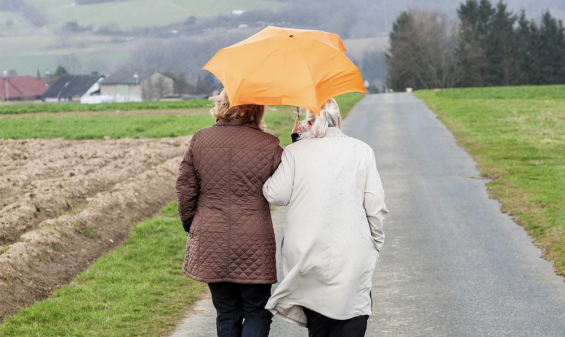
What we know (and don’t know) about the coronavirus
What happens if you get infected with the coronavirus? Who’s most at risk? How can you protect yourself?
Public health expert Dr. David Heymann, who led the global response to the SARS outbreak in 2003, shares the latest findings about COVID-19 and what the future may hold. Here, he answers the 6 most common questions about the coronavirus:
Question 1: What happens if you get infected with the coronavirus?
DH: This looks like a very mild disease, like a common cold, in the majority of people. There are certain people who get infected and have very serious illness; among them are health workers. It’s a very serious infection in them, as they get a higher dose than normal people, and at the same time, they have no immunity. So in the general population, it’s likely that the dose of virus that you receive when you are infected is much less than the dose that a health worker would receive, health workers having more serious infections. So your infection would be less serious, hopefully. So that leaves the elderly and those with co-morbidities to really be the ones that we have to make sure are taken care of in hospitals.
Question 2: Who are the people who should be most concerned about this?
DH: Well, the most concerned are people who are, first of all, in developing countries and who don’t have access to good medical care and may not have access at all to a hospital, should an epidemic occur in their country. Those people would be at great risk, especially the elderly. Elderly in all populations are at risk, but especially those who can’t get to oxygen. In industrialized countries, it’s the very elderly who have co-morbidities, who have diabetes, who have other diseases, who are at risk. The general population doesn’t appear to be at great risk.
Question 3: What pre-existing medical conditions put people at higher risk?
DH: First of all, pulmonary disease existing as a co-morbidity is also important. In general, the elderly are at greater risk, especially those over 70, because their immune systems are not as effective as they might have once been, and they are more susceptible to infections. In addition, in some instances in China, there’s been a co-infection with influenza and at the same time, there have been some bacterial super-infections on the pneumonias that are occurring.
Question 4: Where can we find up-to-date information?
DH: The Center for Disease Control in Atlanta keeps track and has updates on a regular basis on its website. Also, the World Health Organization in Geneva, which is coordinating many of the activities going on internationally, also has a website with daily updates. It’s our responsibility to get that information as individuals, so we understand and can make sure that we can contribute in our own way to prevention of major spread.
Question 5: What questions about the outbreak remain unanswered?
DH: It’s clear we know how it transmits, we don’t know how easily it transmits in humans, in communities or in unenclosed areas. We know, for example, that in the enclosed area of a cruise ship, it spread very easily. We need to better understand how it will spread once it gets into more open areas where people are exposed to people who might be sick.
Question 6: Is the worst behind us?
DH: I can’t predict with accuracy. So all I can say is that we must all be prepared for the worst-case scenario. And at the same time, learn how we can protect ourselves and protect others should we become a part of that epidemic.
Watch the full Talk:




